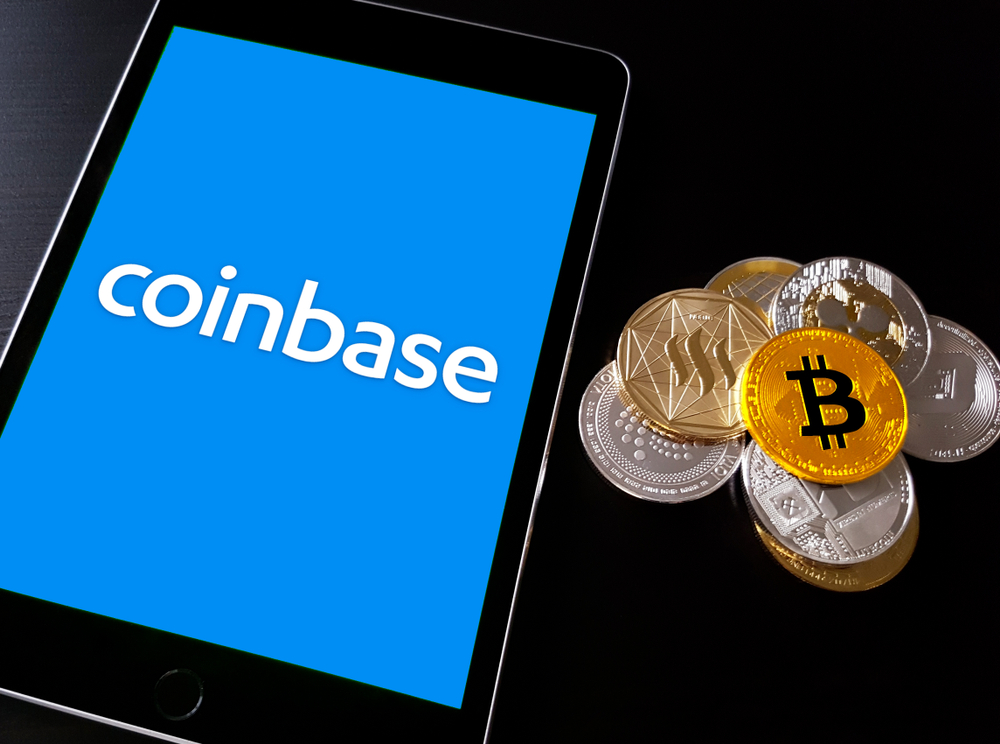India’s stance on digital currency is difficult to describe. The nation’s legislature is yet to develop crypto policies on the regulation of the digital asset space. After several executive meetings, including discussions with top stakeholders, and worries from the country’s apex bank, pm Narendra Modi is becoming outspoken about the issue.
During a virtual interview with Sydney dialogue, the prime minister emphasized a need for democratic nations to work together to optimize the digital currency space and blockchain technology. Earlier in the week, at a top-level meeting, the same man had emphasized that digital assets were being used for fraudulent purposes and financing terrorism. Hence, many concluded that Indian authorities would put strong crypto regulatory policies that would almost hinder any Indian from trading or engaging the crypto market.
Previous Decisions And Steps
Previously, Indian authorities have been proactive in creating an ideal regulatory framework for that nascent sector. There have been several discussions between the financial institutions and government financial bodies, and top players within the crypto industry. Even though most ministers were neutral about the crypto space, India’s apex bank governor wasn’t convinced.
The RBI governor stated that the central bank needs to regulate the crypto space because they can seriously threaten the financial landscape if left unregulated. Later that day, a report by the economic times stated that India plans to put digital currency in the same class as bonds, precious metals, and shares, but it won’t allow the use of cryptos for payment settlements. Thus, crypto exchanges would prevent new users from getting registered on their platforms.
Speculations Without Proof
Various local media speculate that authorities are set to rename crypto-related exchanges as e-com websites. Hence, users would pay less tax per transaction on transactions involving goods and services. The next few months would be critical as it would determine the exact stance of Indian authorities regarding the digital asset space.
A digital currency bill is already being drafted ahead of the next parliamentary session. Many crypto enthusiasts are hoping that the legislation will be favorable towards the crypto industry.
Indonesia’s Crypto Growth
Compared to India, Indonesia is clear on its stance about digital assets – it created an environment that would enable the nascent industry to thrive. During the covid-19 pandemic last year, crypto came more into the limelight, especially in nations such as Indonesia with lots of unbanked citizens.
Nine months later, Indonesian crypto holders have surged by almost 65%. However, the Indonesian authorities have put measures to curb money laundering and other monetary vices related to cryptocurrency.
One of the ways it does this is to legalize digital currencies as assets but disallow them from being used for settling transactions. The fast evolution of the crypto space in Indonesia makes it an attractive destination for crypto-related businesses. Companies such as Pintu and Indodax lead Indonesians into the dawn of a new era in cryptocurrency in the country. If there are no significant changes to Indonesia’s crypto policies, the future is undoubtedly bright for crypto growth in this island nation.







